Politics
Calls for Wales to have parity of powers with Scotland
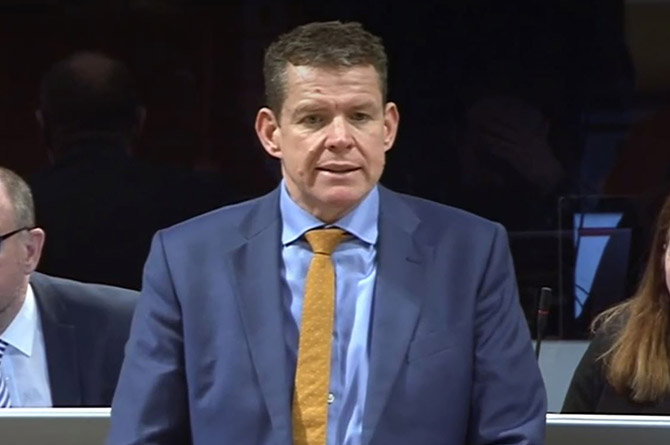
PLAID CYMRU called for Wales to be given parity with Scotland on devolved powers.
Rhun ap Iorwerth warned Wales remains the “poor relation” among devolved nations in policy areas ranging from rail, justice and tax to welfare benefits and the Crown estate.
He said: “Our democratic rights as parliamentarians in Wales can’t be considered to be inferior when compared to legislators in other devolved legislatures. But that is the position that we currently find ourselves in.”
Leading a debate, Mr ap Iorwerth warned billions of pounds-worth of investment is being withheld because of a lack of powers over rail infrastructure.
The Plaid Cymru leader criticised Eluned Morgan for “batting away” questions deemed to be beyond the powers of the Senedd “week after week” at First Minister’s questions.
He said: “Let me decode what she is saying: ‘I’d rather not cause a problem for Keir Starmer than try to do what’s right by the people of Wales.’ It’s weak, it’s weak, it’s weak.”
Mr ap Iorwerth accused Labour of talking the talk on pushing the boundaries of devolution but “remaining resolutely passive when it comes to actually agitating for change”.
He : “If the union is to prove its worth … then at the very least, surely, Wales deserves parity of status with Scotland.
“And regardless of our differences on the ultimate constitutional journey for Wales … it is inconceivable that any party purporting to represent the interests of our nation should not support this very basic principle.”
He added: “The real danger is that any snail-paced incremental change – Labour’s general state of constitutional being – is watered down even further to satisfy party orders.

The Conservatives’ Paul Davies called for a focus on making better use of the powers already devolved rather than “tinkering” and “pushing for more”.
He said: “It’s also very much our view that Wales should not just be a carbon copy of Scotland just because Plaid Cymru says so.
“And to be frank, Plaid aren’t interested in having the same amount of powers as Scotland; they want independence, and we all know that that will in turn destroy the United Kingdom.
“That is their objective; that is their objective, the destruction of the United Kingdom.”
Criticising constitutional naval-gazing, Mr Davies added: “We have to urgently address the apathy for the Senedd by getting on with the job of delivering on the people’s priorities.”

Adam Price said he had never heard such a passionate defence of the status quo.
The former Plaid Cymru leader asked: “Why defend that status quo? Look at Wales as it is. You talk about broken public services. Look at the criminal justice system. That’s a public service. You’re right, it’s broken but not because of any decision made in this chamber.”
Labour’s Mike Hedges warned: “Wales has had three devolution settlements and we’re no closer to a long-term settlement than we were before the first.”
The former council leader suggested more devolution within Wales, saying: “The question should be where decisions are best made and it isn’t always in Cardiff.”
Mr Hedges added: “Everything does not have to be devolved to Wales, Scotland, Northern Ireland or the English city regions at the same time. “

Responding to the debate on December 11, Huw Irranca-Davies raised concerns about a “for Wales, see Scotland”-style approach.
The Deputy First Minister told the Senedd that the Welsh Government’s guiding principle will always be what is in the best interests of the people of Wales.
He said: “We don’t want to copy and paste the devolution settlement from somewhere else,” adding: “That would actually be imitation, not devolution.”
Mr Irranca-Davies pointed out that the Welsh Government accepted the recommendations of the independent commission on the constitutional future of Wales.
In the final Senedd vote of 2024, members rejected the Plaid Cymru motion, 37-12, before a version as amended by the Welsh Government was agreed 26-12 with 11 abstaining.
Business
Bid to convert office space into chocolate factory, salon and laundrette

A CALL for the retrospective conversion of office space previously connected to a Pembrokeshire car hire business to a chocolate factory, a beauty salon and a laundrette has been submitted to county planners
In an application to Pembrokeshire County Council, Mr M Williams, through agent Preseli Planning Ltd, sought retrospective permission for the subdivision of an office on land off Scotchwell Cottage, Cartlett, Haverfordwest into three units forming a chocolate manufacturing, a beauty salon, and a launderette, along with associated works.
A supporting statement said planning history at the site saw a 2018 application for the refurbishment of an existing office building and a change of use from oil depot offices to a hire car office and car/van storage yard, approved back in 2019.
For the chocolate manufacturing by ‘Pembrokeshire Chocolate company,’ as part of the latest scheme it said: “The operation comprises of manufacturing of handmade bespoke flavoured chocolate bars. Historically there was an element of counter sales but this has now ceased. The business sales comprise of online orders and the delivery of produce to local stockist. There are no counter sales from the premises.”
It said the beauty salon “offers treatments, nail services and hairdressing,” operating “on an appointment only basis, with the hairdresser element also offering a mobile service”. It said the third unit of the building functions as a commercial laundrette and ironing services known as ‘West Coast Laundry,’ which “predominantly provides services to holiday cottages, hotels and care homes”.
The statement added: “Beyond the unchanged access the site has parking provision for at least 12 vehicles and a turning area. The building now forms three units which employ two persons per unit. The 12 parking spaces, therefore, provide sufficient provision for staff.
“In terms of visiting members of the public the beauty salon operates on an appointment only basis and based on its small scale can only accommodate two customers at any one time. Therefore, ample parking provision exists to visitors.
“With regard to the chocolate manufacturing and commercial laundrette service these enterprises do not attract visitors but do attract the dropping off laundry and delivery of associated inputs. Drop off and collections associated with the laundry services tend to fall in line with holiday accommodation changeover days, for example Tuesday drop off and collections on the Thursday.
“With regard to the chocolate manufacturing ingredients are delivered by couriers and movements associated with this is also estimated at 10 vehicular movements per week.”
The application will be considered by county planners at a later date.
Politics
Ceredigion council tax expected to rise by 4.7 per cent

A BETTER financial settlement for Ceredigion from the Welsh Government along with a fresh grant is expected to see council tax bills in the county rising by less than five per cent this year, far below previous fears of a rise as high as nearly nine.
Last year, for the 2025-’26 budget, Ceredigion saw a council tax rise of 9.3 per cent.
While council tax makes up a proportion of the council’s annual revenue, a crucial area of funding is the Aggregate External Finance (AEF) rate from Welsh Government.
Ceredigion was to receive a 2.3 per cent increase on its settlement, some £3,388,000 for a total of £150,670,000, placing it at joint 13th of the 22 local authorities in Wales.
Following a later Welsh Government and Plaid Cymru agreement additional funding for local government was secured, giving Ceredigion additional funding.
Back in November, before the increased settlement was announced, Ceredigion Leader Cllr Bryan Davies said that early estimates indicated that an 8.9 per cent increase in council tax would be necessary, but an improved position of 6.9 per cent had been indicated as a result of a further modelling of service cost pressures and operational savings.
Following the improved settlement, members at the January meeting of Cabinet heard from Cabinet Member for Finance and Procurement Services Cllr Gareth Davies a recommendation for a 4.75 per cent council tax increase as part of a draft budget requirement of £221.493m was being mooted.
That position has improved again, following financial support towards the Mid and West Wales Fire Service Levy, members of the February 3 meeting of the council’s corporate resources overview and scrutiny committee heard, the funding now dropping the expected council tax increase to 4.7 per cent, equivalent to an extra £7.39 per month for the average Band D property for the next financial year.
Members of the committee agreed to note the 4.7 per cent figure, with the final council tax recommendation being considered by Cabinet on February 10; the final decision on the budget being made by full council on March 2.
international news
Mandelson quits Lords amid police probe over Epstein links
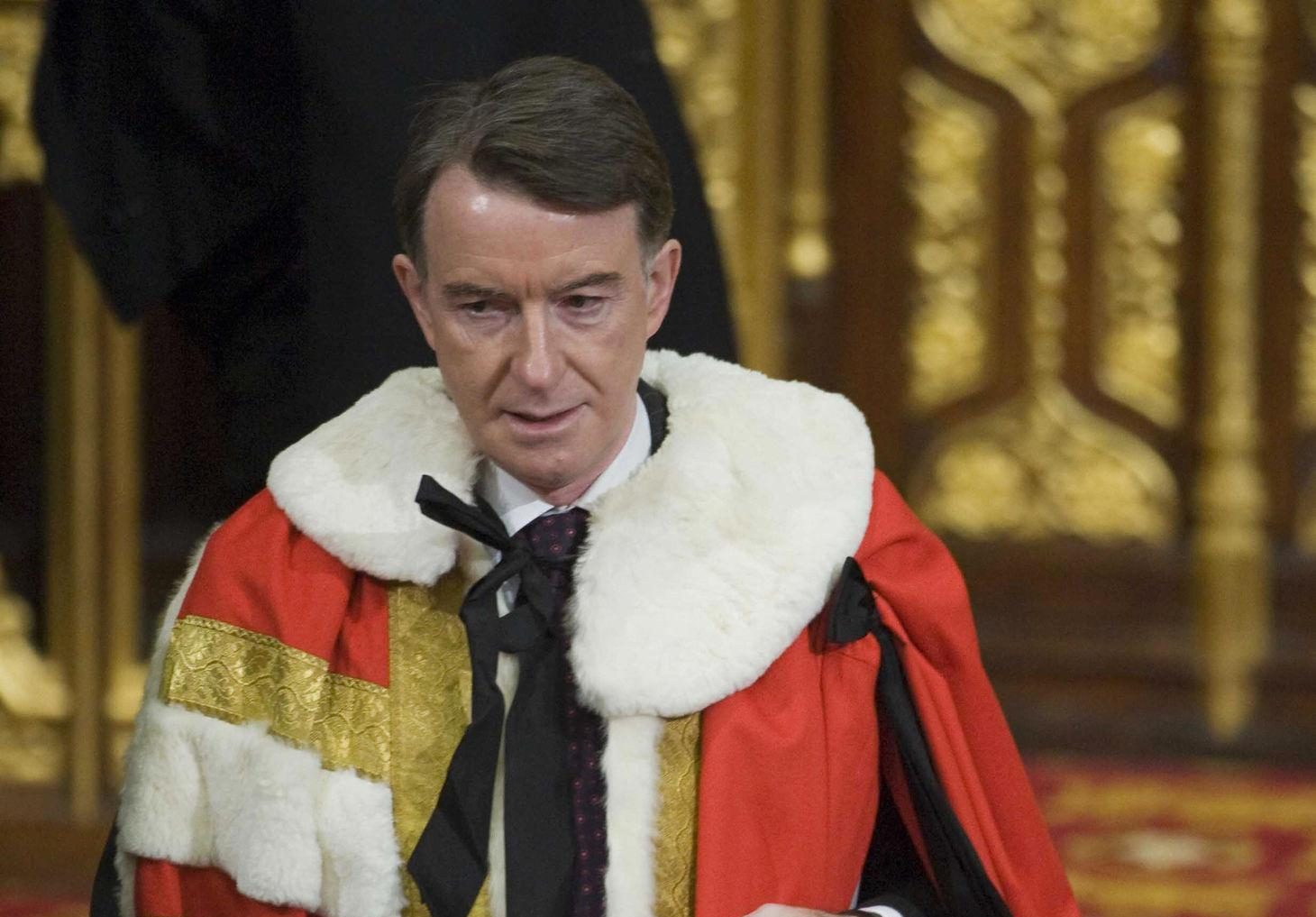
Peter Mandelson has announced he will retire from the House of Lords with immediate effect, as mounting political and legal pressure grows over claims he shared sensitive government information with convicted sex offender Jeffrey Epstein.
Parliamentary officials confirmed that Peter Mandelson formally notified the Clerk of the Parliaments of his decision, ending his membership of the upper chamber from Tuesday (Feb 4).
The move follows reports that the Metropolitan Police Service is reviewing allegations of possible misconduct in public office connected to emails said to have been forwarded to Epstein while Mandelson was business secretary during the 2008–09 financial crisis.
Downing Street has confirmed that material has been passed to police after an initial Cabinet Office review.
Government fury
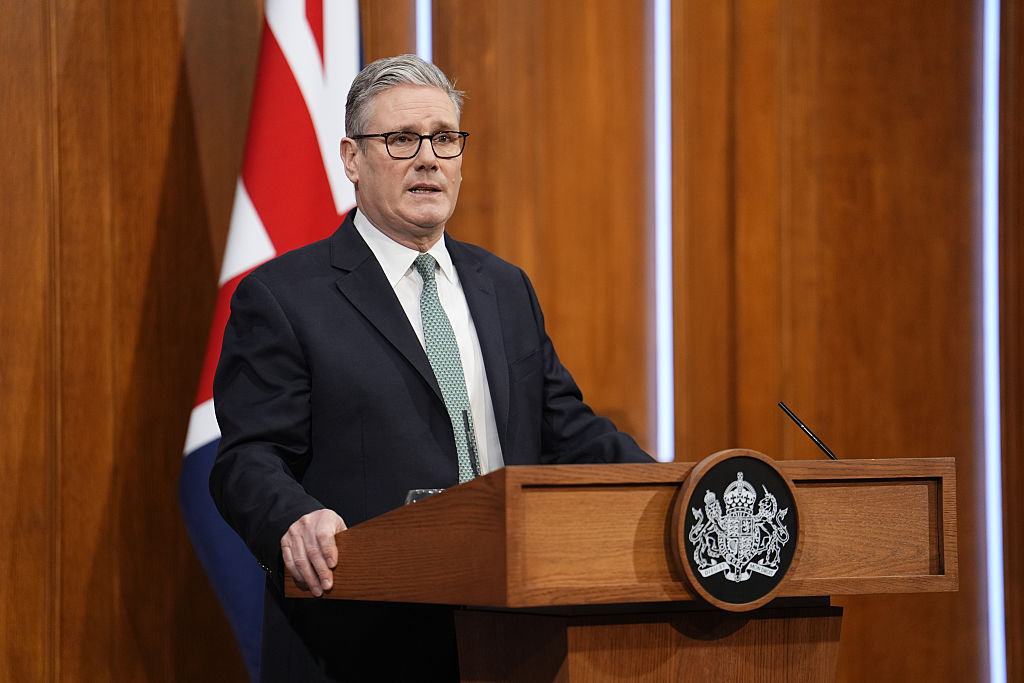
Prime Minister Keir Starmer told cabinet colleagues Mandelson had “let his country down”, according to No 10, and officials are now drafting legislation that could strip him of his peerage entirely.
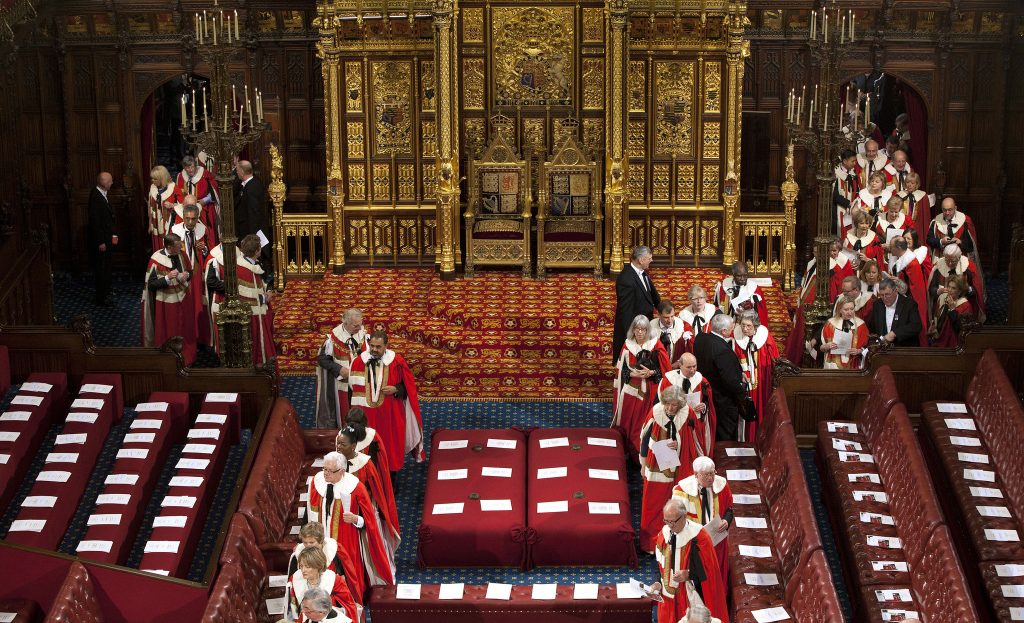
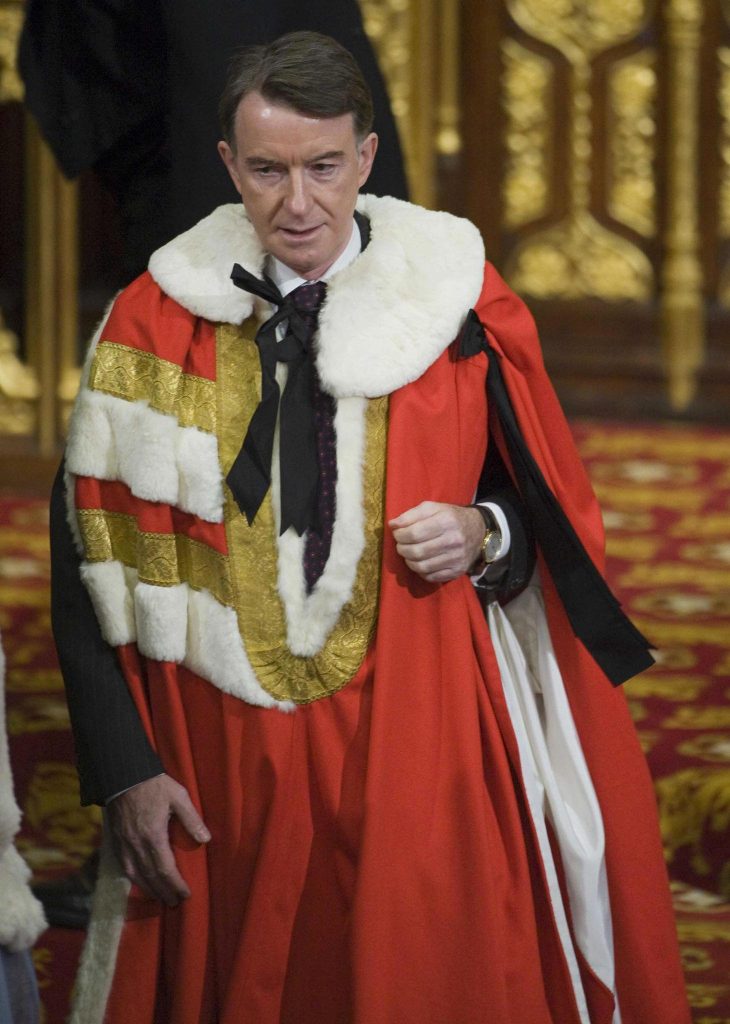
Removing a life peer is rare and would require an Act of Parliament.
If passed, Mandelson would lose the title “Lord” altogether — an extraordinary step that has only been considered in the most serious cases.
Senior ministers have described the alleged passing-on of market-sensitive government discussions as “disgraceful” and a “betrayal of trust”.
What police are examining
Misconduct in public office is a centuries-old common law offence that applies where someone in a position of public trust wilfully abuses that role. It carries a maximum sentence of life imprisonment.
Investigators will assess whether confidential information — particularly relating to government financial policy during the crash — was shared without justification and whether safeguards were breached.
At this stage, no charges have been brought.
Mandelson has previously apologised for maintaining contact with Epstein after the financier’s conviction, saying he regrets “ever having known him”, but he has disputed some of the latest claims and has not commented directly on the police review.
Political shockwaves
Opposition parties are pushing for further disclosure of documents relating to Mandelson’s vetting and his past roles.
Conservatives are expected to force a Commons vote demanding more information, while Liberal Democrats have called for a public inquiry.
Several MPs have also suggested Mandelson should be removed from the Privy Council.
The developments mark a dramatic fall for one of Labour’s most influential political figures of the past three decades, who only months ago was serving as the UK’s ambassador to Washington.
Now, with police examining evidence and legislation being prepared to remove his title, his public career appears effectively over.
More updates are expected as the investigation continues.
-

 Health6 days ago
Health6 days agoConsultation reveals lack of public trust in health board
-

 News7 days ago
News7 days agoCaldey still unsafe, survivors warn — despite Abbey’s reform claims
-

 Community7 days ago
Community7 days agoPembrokeshire students speak at national Holocaust Memorial Day event
-

 News22 hours ago
News22 hours agoPrincess of Wales visits historic Pembrokeshire woollen mill
-

 News7 days ago
News7 days agoKurtz raises Gumfreston flooding in the Senedd as petition deadline nears
-

 Crime5 days ago
Crime5 days agoPembroke man accused of child sex offences sent to Swansea Crown Court
-

 Education7 days ago
Education7 days ago‘Vulnerable teen’ questioned by police at Milford Haven School
-

 Education7 days ago
Education7 days agoAttendance concerns at Milford School reflect wider issue raised at the Senedd



























